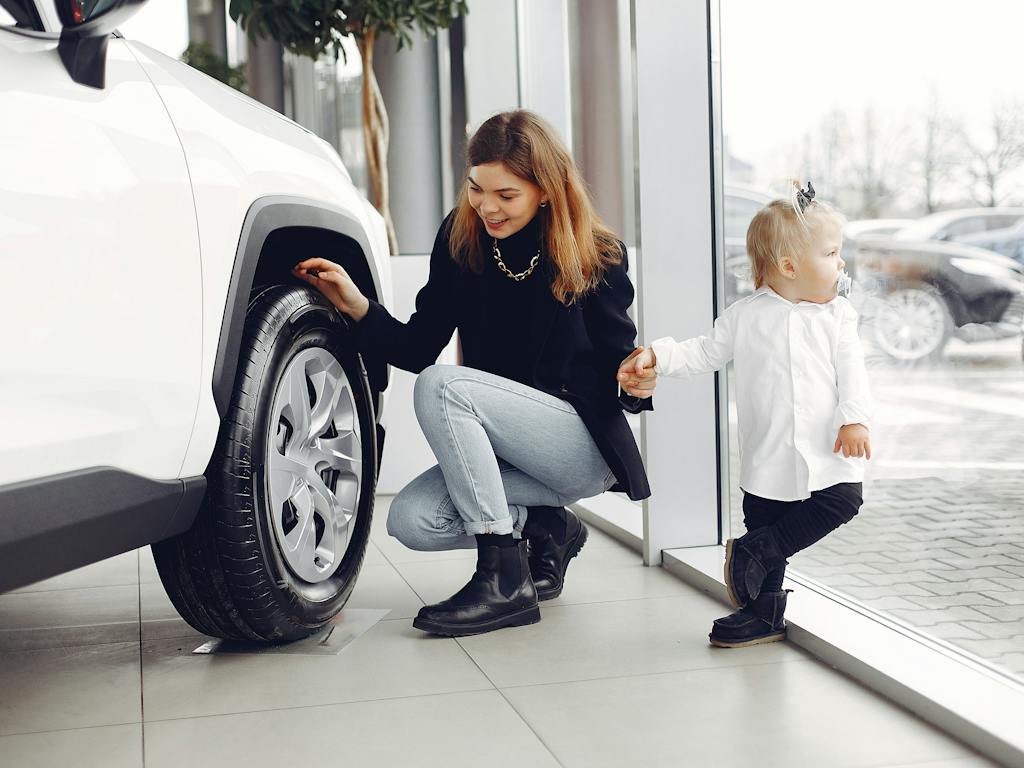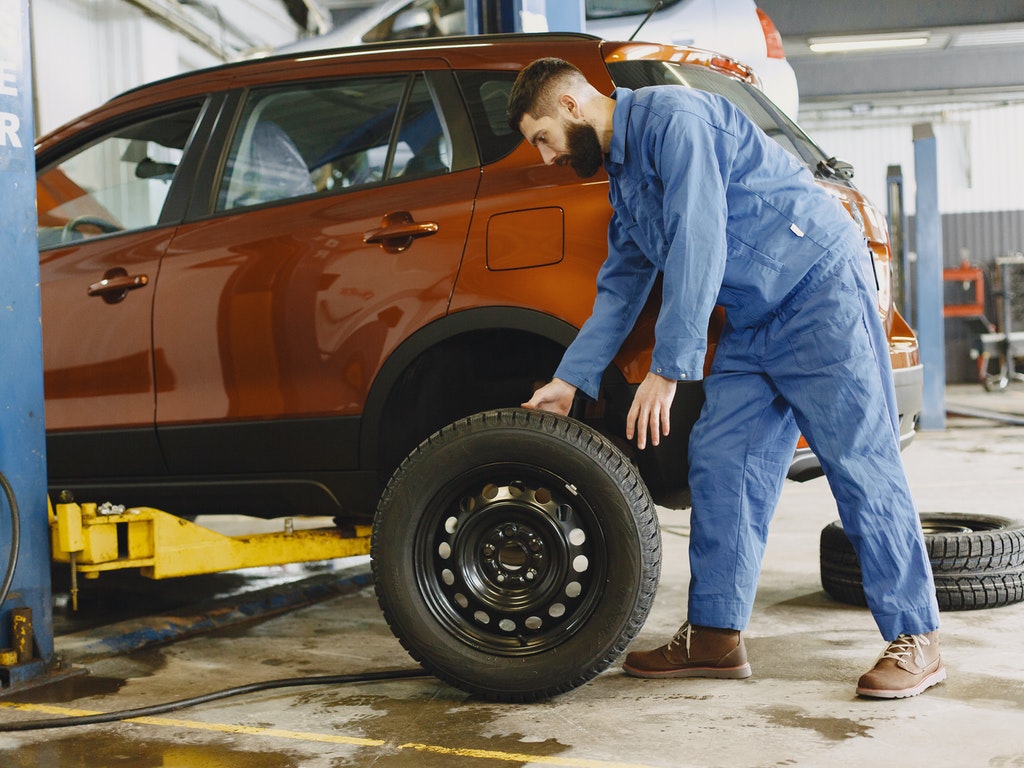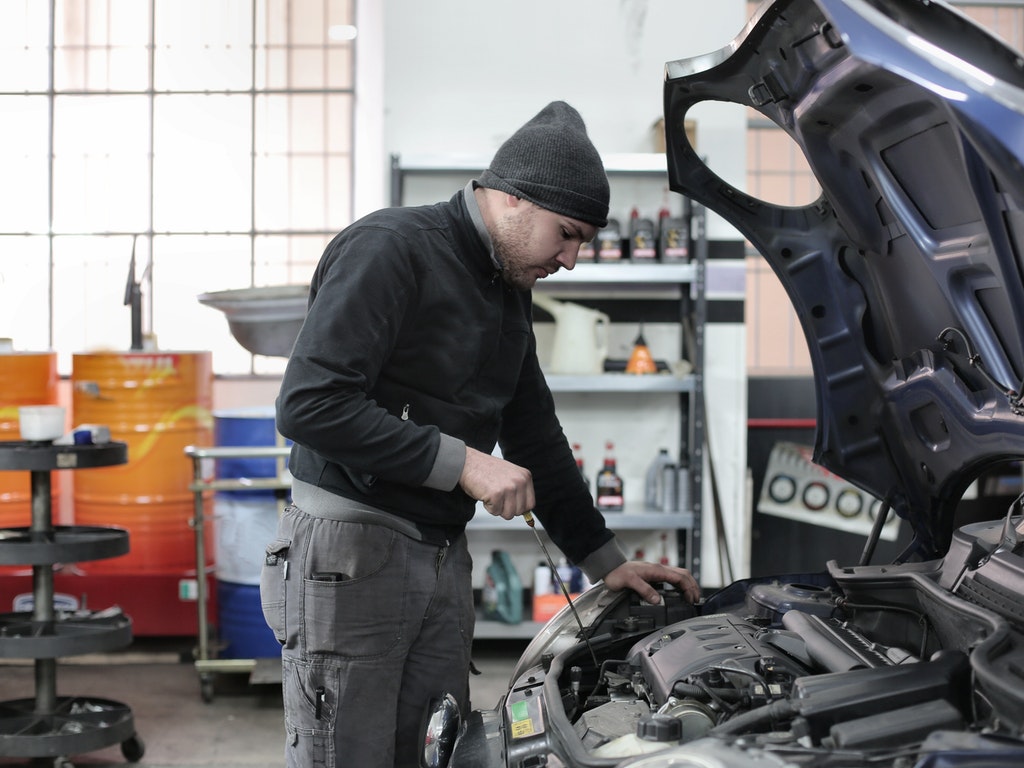
Car insurance provides protection when you drive. Your car insurance policy covers you, your vehicle, and your passengers in the event of an accident or natural disaster. If there’s an accident, your insurance company will pay for damages covered by your policy. However, you’ll be responsible for these costs if you don’t carry the right type of coverage. Continue reading this guide to learn more about auto insurance.
Why Do You Need Car Insurance?
Car insurance offers numerous benefits that help you stay compliant with the law. In most states, having car insurance is a legal requirement. The specific coverage amount varies by state, but typically, you must carry at least liability coverage to drive legally.
Without liability insurance or personal injury protection, you could face medical expenses, court fines, and civil liabilities if you cause an accident resulting in injuries or fatalities. Insufficient insurance during an accident involving DUI or reckless driving can lead to felony charges.
Car insurance also protects uninsured drivers and hit-and-run incidents. For instance, if you suffer injuries in an accident where the other driver flees before exchanging information, your full coverage car insurance would cover your medical costs and vehicle damage. Note that your premium may increase when you file a claim and utilize your car insurance.
What Kind of Car Insurance Do I Need?
Auto insurance coverage can be broken down into three categories:
-Insurance required by your car lender
-Insurance required by your state
-Optional insurance coverage
State laws determine the amount of insurance coverage required. Liability auto insurance is typically mandatory in most states, while others may require additional coverage like personal injury protection or medical payments coverage.
If you’re leasing or still paying for your vehicle, your lender will typically require higher coverage levels.
For auto loans, most banks and lending institutions mandate full coverage car insurance along with GAP insurance. Full coverage insurance safeguards your vehicle against accidents, natural disasters, theft, and vandalism. GAP insurance covers the remaining loan amount if the vehicle is declared a total loss.
Optional insurance coverages aren’t obligatory by law or loan terms. You may opt for them if you have a newer vehicle, younger drivers on your policy, or reside in a high-risk area.
The most popular insurance add-ons are:
-Roadside assistance
-Glass protection
-Comprehensive coverage
-Collision




